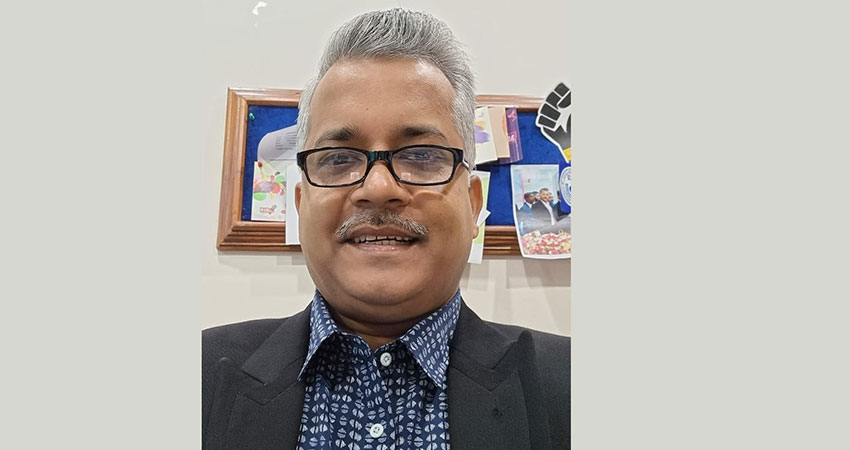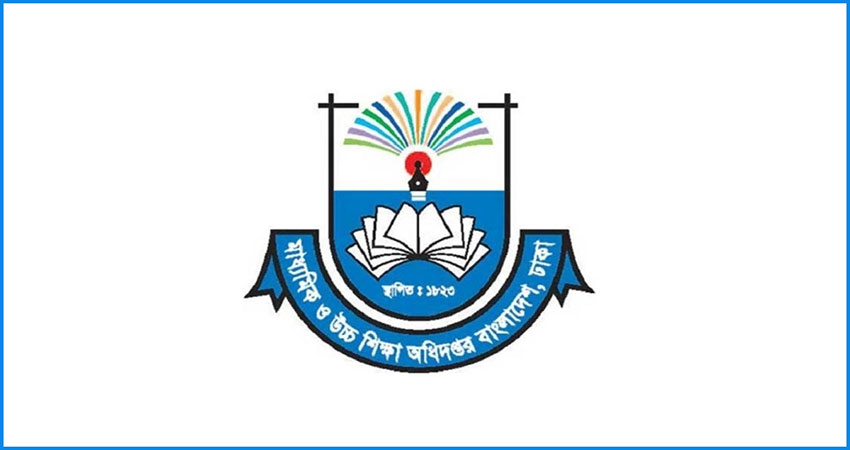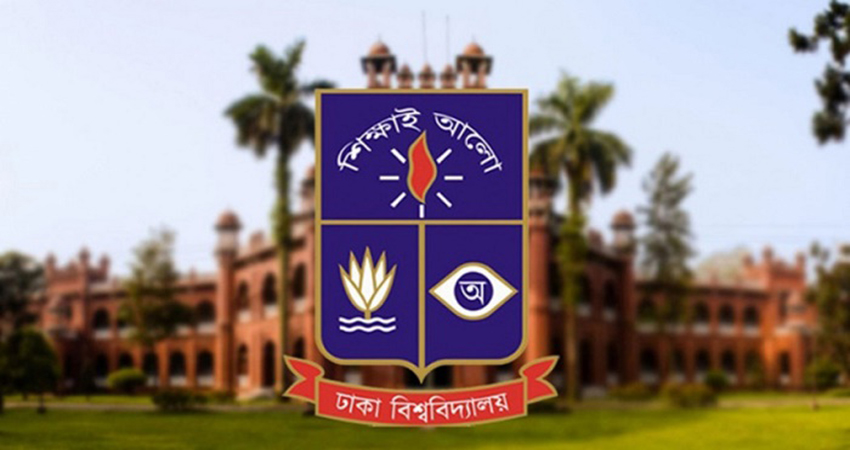Finance Minister AHM Mustafa Kamal today proposed an allocation of Taka 81,448 crore for education sector in the national budget for 2022-23 fiscal year (FY), which was Taka 69,643 crore in the revised budget for FY 2021-22.
He allocated Taka 31,759 crore for primary and mass education, Taka 39,961 crore for secondary and higher secondary education and Taka 9,728 crore for Technical and Vocational and Madrasah education.
While placing the national budget for the fiscal year 2022-23 in the Jatiya Sangsad, the minister said the government is relentlessly working to build 'Sonar Bangla' as envisaged by the Father of the Nation by giving the highest importance to the education sector and has adopted education as one of the main strategies for development.
The finance minister said one of the major tools to achieve Vision-2041, in continuation of Vision-2021, is quality education.
"We formulated our National Education Policy, 2010 and it is being implemented in phases," he said.
Kamal said the government is committed to achieve excellence in education and research to move ahead with the agenda of inclusive development.
"We have taken a range of initiatives for the advancement of science-based education and development of education infrastructure," he said.
"As part of the digitalization of education, we will further expand online education that was started during the pandemic. At the same time, we continue to provide stipends through mobile banking, and expand the scope of various training. Besides, we will pay special attention to increase the spending capacity of the sector and monitor the quality of spending," he added.
Kamal said: "Our education programme was disrupted since the first week of March 2020 due to the spread of coronavirus infection."
However, the government took various steps to continue the academic schedule by keeping the education activities free from the negative effects of the pandemic, he added.
"As you know, the government was forced to close all educational institutions during the pandemic period to ensure the safety of life, but continued teaching online and through Bangladesh Television, Bangladesh Radio and Community Radio," he said.
With the significant improvement of the pandemic situation, the government opened all the schools and colleges in phases from March 2022 and allowed them to deliver academic programmes in person, he said.
"However, we are broadcasting, the 'Learn at home' programme through Parliament Television, Bangladesh Television, Bangladesh Betar and Community Radio to keep the students focused on their studies even after the reopening of school," Kamal added.
In addition, the finance minister said, to ensure close monitoring of the student's study progress, the teachers are continuing their regular teaching activities through mobile phones and personal communication with the students.
Considering the primary level as the foundation of education, the government has taken various steps to modernise primary education, he mentioned.
"In line with the Eighth Five Year Plan and Sustainable Development Goals, we have taken initiatives to implement various action plans for the expansion and development of primary education," he said.
The finance minister said the government has been distributing free four-color textbooks to primary school students through the 'Book Festival' on January 1 every year since 2010.
In the academic year 2022, a total of 9 crores 98 lakh 58 thousand 874 textbooks have been distributed to all the primary schools of the country, he added.
"We are continuing our efforts through multifarious activities like scaling up the rate of education at the secondary level, bringing gender equality in education, implementing academic programmes consisting of general, science and technology-based education and training, providing financial assistance including scholarships to students and teachers, taking various initiatives for talent development, crafting supportive policies and environment, augmenting capacity and construction and development of infrastructure, providing financial benefits to teachers of private educational institutions registered under MPO scheme, distributing free textbooks, introducing of e-books, setting up of Upazila ICT training and research centres etc. to bring quality in education," the minister continued.
To take advantage of the demographic dividend of the country, the government is laying emphasis on the quality technical and vocational education, he said.
The enrollment rate in technical education, which was less than 1.0 percent 12 years ago, is now 17.25 percent, he added.
Kamal said in the 2022 academic year, 26,846 students have been enrolled in pre- vocational courses from 6th to 8th grade and 20,613 students from the 9th grade of 134 technical schools and colleges have been enrolled up to January 2022.
A national task force has been formed to formulate the 'Blended Education Master Plan' that will facilitate building a skilled workforce to address the current situation of pandemic and the challenges of the Fourth Industrial Revolution, he said.
Learning Management System (LMS) has been developed and through this LMS, 60 teachers from 60 educational institutions have been trained to develop e- courses, he added.


















